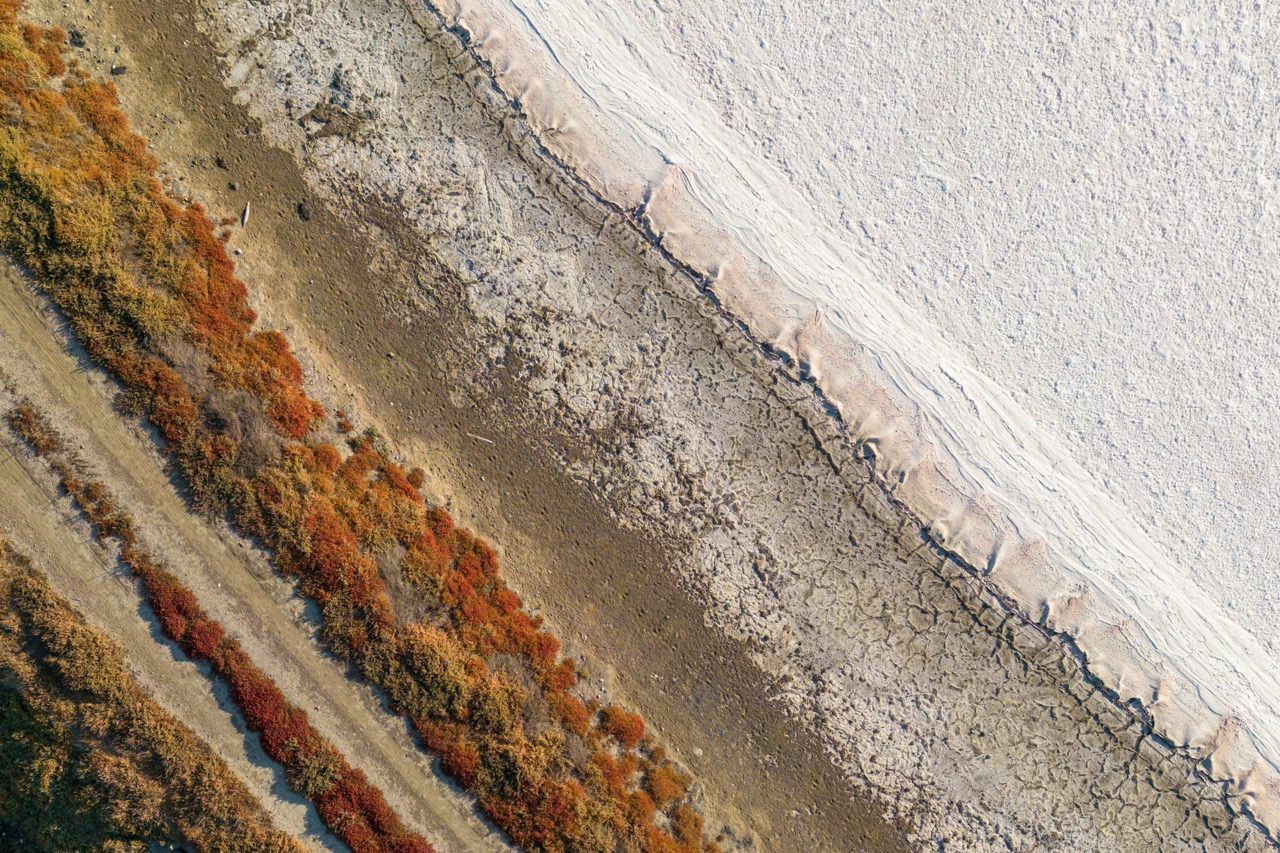ACMI x EQI: Trusted Long-Term Partnership for Gender Equality


With support from the Gates Foundation and GIZ, we are creating the world’s first validated Climate Change Stress Scale focused on gender and gender-based violence. Running from 2024–2026, the initiative will provide researchers, policymakers, and practitioners with a standardised tool to understand how climate-related stress affects lives, particularly those of women, girls, and marginalised communities, and how these impacts intersect with health, safety, and wellbeing. Phase one (2025) will involve qualitative research in Ethiopia, Zambia, Lesotho, and Pakistan, laying the groundwork for global scale-up.
Climate change is deepening gender inequality, yet its gendered impacts remain largely invisible in data and policy. Women and girls experience disproportionate harm—through displacement, economic insecurity, increased unpaid care, and greater exposure to violence. Despite this, no standardised tool exists to measure these impacts, leaving critical experiences excluded from evidence, policy, and funding decisions. Without robust, gender-responsive data, climate adaptation and GBV prevention strategies risk overlooking those most affected.
We are designing a Climate Change Stress Scale that captures the complex, intersectional ways climate-related stress manifests in people’s lives. Phase one combines desk-based reviews, expert consultations, and in-depth fieldwork in communities on the frontlines of climate change. Guided by feminist and intersectional approaches, our team will co-design and validate the scale in partnership with local communities, ensuring cultural relevance and accuracy. Engagement with stakeholders and regional bodies such as SADC will ensure the tool is practical, scalable, and ready for integration into global data systems.
This initiative will create the first global standard for measuring the gendered dimensions of climate stress – a public good that can inform policy, programming, and funding. By making visible the lived realities of women, girls, and marginalised groups, the tool has the potential to influence climate adaptation strategies, strengthen GBV prevention, and direct financing where it is most urgently needed. Future phases will expand to quantitative testing in multiple countries and embed the scale into existing global data systems, transforming how the world understands and responds to the intersection of climate change and gender inequality. The first report from this project will be released soon, marking an important milestone in building the evidence base for change.
The land we live and work on always was, and always will be, Aboriginal land. We pay our respects to the Traditional Custodians of Country throughout Australia and acknowledge the ongoing leadership role of Aboriginal & Torres Strait Islander communities in preventing violence against women. We also acknowledge Traditional Custodians of the lands where EQI works around the world.
Read MoreYou have been logged out.
"*" indicates required fields